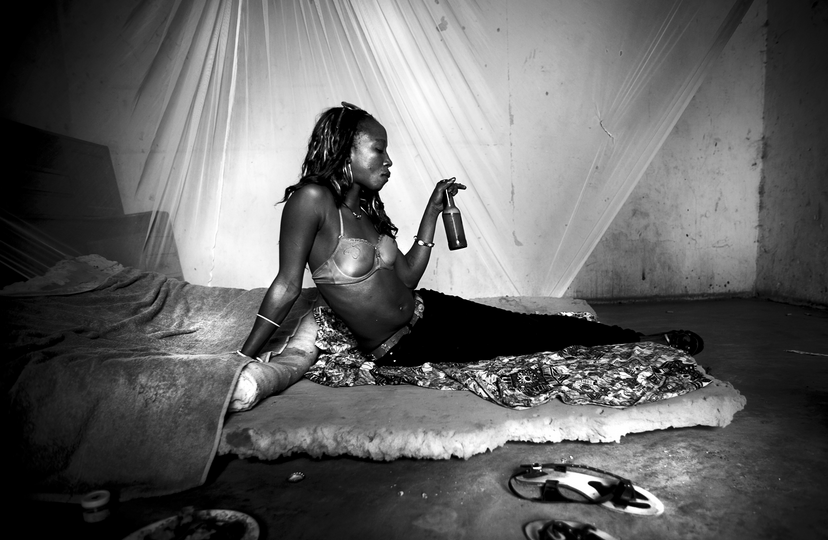As the country’s capital, Harare receives many young people who flock in with a dream for employment and a better life having been frustrated by unemployment in different parts of the country. The current economic situation however, knocks them down to destitution and in the end, the streets becomes their home.
Some people especially children are however pushed to run away from home because of various circumstances and think life away from home could be easier. Destitution has created a social class of street children who in the end become parents, give birth on the streets and the circle continues.
Though the issue of reproductive health has been topical in many circumstances, various debates being drawn on the best way to convey this topic to children in their adolescence, this class has often been neglected. Policy makers in both the health and education sector have come together to educate young people on sexual reproductive health using schools, television and various other mediums but those who live in the streets are often left out.
Southern Africa AIDS Dissemination Service (Safaids) regional reproductive health expert Renias Mundigi says, “Street children are vulnerable to sexual abuse by both fellow street people and the general public which exposes them to STIs, unplanned pregnancies and HIV.” He said the unplanned pregnancies results in more and more street children thus the challenge of street children will remain for many decades to come.
20 year old Ruth Nyathi (not real name) has been living in the streets for the past ten years after running away from home in Mutare. Her mother died when she was eight leaving her in care of her father who re-married a year later. “For a year my stepmother abused me while my father looked the other way. I could not take it anymore so I came to Harare looking for my aunt who was said to be working in town,” said Nyathi.
After asking around several times with no success she realised Harare was a big city and there was no way to find her aunt. Having no money for food and a place to sleep, Nyathi joined many street children in the city centre to beg in the afternoon and cuddle on the hard pavement shielded with only card board boxes from the cold nights.
The boxes however could not protect her from the ‘creatures’ of the night. “My first sexual experience was a week after I came to the city. I woke up in the middle of the night with someone, a man tearing my panties, while two others were holding me down. I tried to scream but no one came to my rescue. The three of them took turns to force themselves on me,” she said.
Nyathi is one of many girls who are ravaged by fellow street children on the streets while the world looks the other way. She has been subjected to many tortures during a decade of street life. At the age of twenty she now has two children whom she is not sure of their paternity. Mundigi said sexual abuse has psychological effects on the victims and makes them lose their sense of self-worth. Lack of a family unit which acts as a support system causes the victim of an unplanned pregnancy to fail to give unconditional love to her baby as usually the baby is a reminder of the traumatizing experience of rape or of a short-lived relationship.
“Children’s rights to love, decent housing and education are violated resulting in an increase in juvenile delinquency,” said Mundigi. He urged society and government to create safe havens and homes for children by desisting from physical, psychological and sexual abuse which contributes to children running. “Society should also rehabilitate the street children back into their families,” he said.
Unprotected sex is rife in the streets with many having multiple sexual partners. Young boys have recently been linked to annul sex by people from the mainstream society in return for clothing, food or cash.
